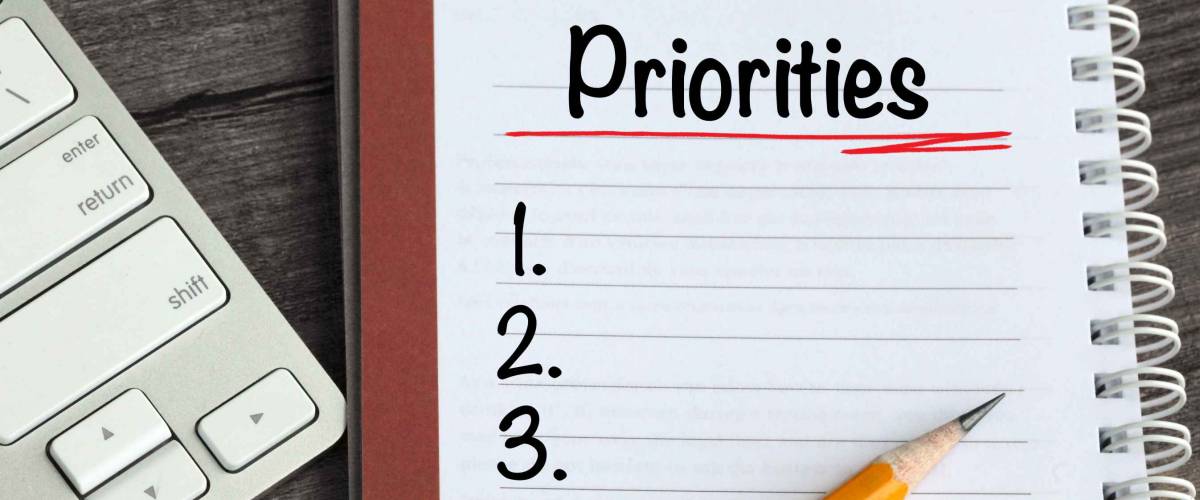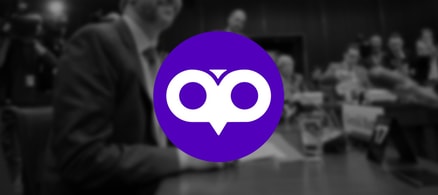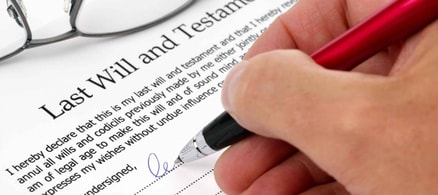1. Prioritize and pay it off ASAP

We don’t expect you to pay off your debt all at once — but try to pay off the bulk of it immediately, if you can.
The CRA will consider a payment arrangement — in which you make monthly contributions towards paying off your debt within a certain period of time — if you can prove that you’ve already attempted to pay it off in full by reducing expenses or borrowing funds.
The CRA will apply your payment towards your oldest tax debt unless you request otherwise and your debt adds up on interest until you pay off the balance, so it’s best to pay it off as quickly as possible.
You can use this income and expense worksheet to help you come up with a proposal.
You could also look into a loan or using a credit card if you can to pay off your taxes in full, as opposed to a payment arrangement. [Getting a loan with a low interest rate can be more manageable than a CRA agreement, which compounds interest daily.
We’d normally never recommend adding to your credit card debt, but a balance transfer credit card with a 0% introductory rate offer might help buy you some time and save you some interest.
Unexpected vet bills don’t have to break the bank
Life with pets is unpredictable, but there are ways to prepare for the unexpected.
Fetch Insurance offers coverage for treatment of accidents, illnesses, prescriptions drugs, emergency care and more.
Plus, their optional wellness plan covers things like routine vet trips, grooming and training costs, if you want to give your pet the all-star treatment while you protect your bank account.
Get A Quote2. Make your minimum payments
If you have a payment agreement and you don’t make your minimum payments on time, the CRA could take legal action and you risk getting your wages garnished to redirect funds to your tax debt. And your assets, like your home or car, could get seized and sold.
If you’re paying by installments, the CRA will send you an installation reminder ahead of time with suggested amounts to pay, but if you don’t comply, you’ll be charged interest on all late and insufficient payments, and you could get fined a penalty if your interest charges for this year add up to over $1,000.
When you overpay or pay your next installation early, however, you could earn installment credit interest, which can be used to offset later interest fees on late payments in the same tax year.
3. Request penalty and interest relief

Not everyone’s eligible for this, but you can submit a request online to get your penalties and interest cancelled or waived.
The CRA may approve your request for extraordinary circumstances — for example, if you’ve experienced a disaster, like a fire or flood, an accident or a death in the family — actions caused by the CRA itself, such as errors or delays, or if you’ve undergone financial hardship and simply cannot pay.
Keep in mind that there’s a 10-year deadline from the tax year in question for you to request relief. The agency has no authority to provide relief once the 10-year mark has passed.
4. File a consumer proposal
A consumer proposal is basically an agreement that gets you some tax relief if you can’t pay off your balance.
Your first step will be to find a Licensed Insolvency Trustee (LIT) to assess your financial situation and offer advice. They’ll also help you determine whether a consumer proposal is appropriate or if there are other options you could consider.
With the help of the LIT, you’ll need to come up with a proposal to convince the CRA to let you pay a smaller amount of what’s owed or extend the time you have to pay off your debts.
The maximum term for a consumer proposal is five years and you’ll need to pay through the LIT if it’s accepted.
However, once you submit a consumer proposal, the Government of Canada says you’ll be given the lowest possible credit score. You can, of course, get your score up again once your consumer proposal is fulfilled, but in the time being you might have a difficult time getting accepted for loans and other lines of credit.
5. When in doubt, talk to an expert

Still feeling a little lost on what path might be best for you? Consider hiring a financial advisor or planner to help you figure out the best way to deal with your tax debt.
There are plenty of reliable experts out there, but make sure you do your research first and meet with several potential candidates to find the best one for you.
The Government of Canada has a page on choosing a financial advisor so check there for more detailed advice and information, such as what fees might be involved and where to start looking for an expert.
Don’t file your tax returns late — even if you qualify for interest relief
If you received COVID-related benefits last year, like CERB, and your total 2020 taxable income is $75,000 or less, you won’t need to pay interest on the tax from money you received until April 30, 2022.
This, of course, doesn’t apply to tax debt and accumulated interest from past years.
And, even if you’re eligible for interest relief, you won’t get away with a late filing. The penalty is 5% on top of what you already owe, plus an extra 1% each month until the 12 months are up.
A few more tips to help you be free of tax debt

Monetize your skills and hobbies to supplement your income: It’s always a good idea to bring in extra money if you can, especially if you can capitalize on doing something you enjoy. You can create an account on an online marketplace for freelancers where you can make some extra money on your own schedule using skills you already have.
Find savings where you can: Cut back on your streaming services you don't regularly use and get a library card to borrow some free movies and books. You might be doing a lot of your shopping online right now while there are pandemic safety restrictions, so download a cashback rewards app to earn money for when you purchase items online and in-store.
Revisit your insurance rates: Try and lessen your other monthly expenses in an effort to concentrate on your tax debt. If you haven't thought about your life insurance for a while it might be worth it to look around to see if you can find a better deal. And check whether you can save on mortgage protection as well.
Sponsored
Trade Smarter, Today
With CIBC Investor's Edge, kick-start your portfolio with 100 free trades and up to $4,500 cash back.






